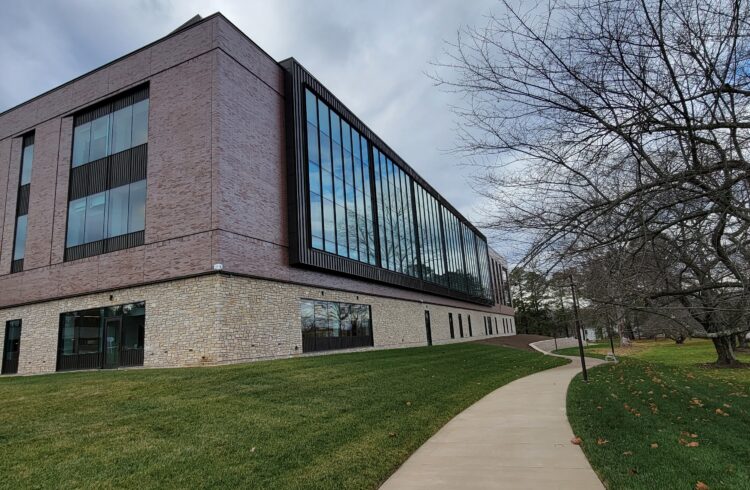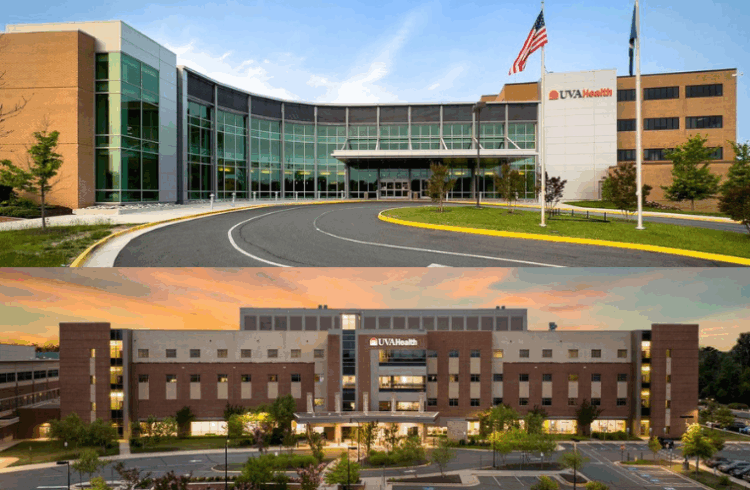
Scientists have long understood that male hormones, androgens and the androgen receptor, play key roles in the development of the prostate as well as prostate cancers. Without androgen, prostate cancer should stop growing or even shrink, as it needs the hormone to survive. However, that is not always the case.
“Tumors are very clever and have found ways to activate the androgen receptor,” explains Daniel Gioeli, Ph.D., assistant professor of research in Microbiology at UVA. “There may only be minute amounts of androgen, but tumors have proven very adaptive to their environment and can use these low amounts of androgen to grow.”
Gioeli has received a $1.5 million grant from the National Cancer Institute to study how late-stage prostate cancers continue to activate the androgen receptor (AR), as well as androgen-responsive genes, in the presence of low levels of androgen.
Removing the androgens, the main androgens being testosterone and dihydrotestosterone (DHT), through hormone or androgen deprivation therapy (ADT) can be done via medication or surgical castration.
According to the American Cancer Society, prostate cancer is the second most common type of cancer found in American men, after skin cancer. The ACS estimates that there will be about 186,320 new cases of prostate cancer in the United States in 2008. About 28,660 men will die of the disease, making it the second leading cause of cancer death in men.
Gioeli says there is no effective treatment for castration-resistant metastatic prostate cancer.
“We believe that the androgen receptor is phosphorylated by kinases during the progression of the prostate cancer which allows the cancer to continue to grow under low androgen conditions,” says Gioeli.
The NCI grant will allow Gioeli to study how AR modifications allow the prostate cancer to thrive despite low levels of androgen.
“We believe a better understanding of how prostate cancer evolves as a disease that is functionally ‘androgen independent’ but still requires the androgen receptor is key to developing effective therapies for cancer treatment,” Gioeli says.


